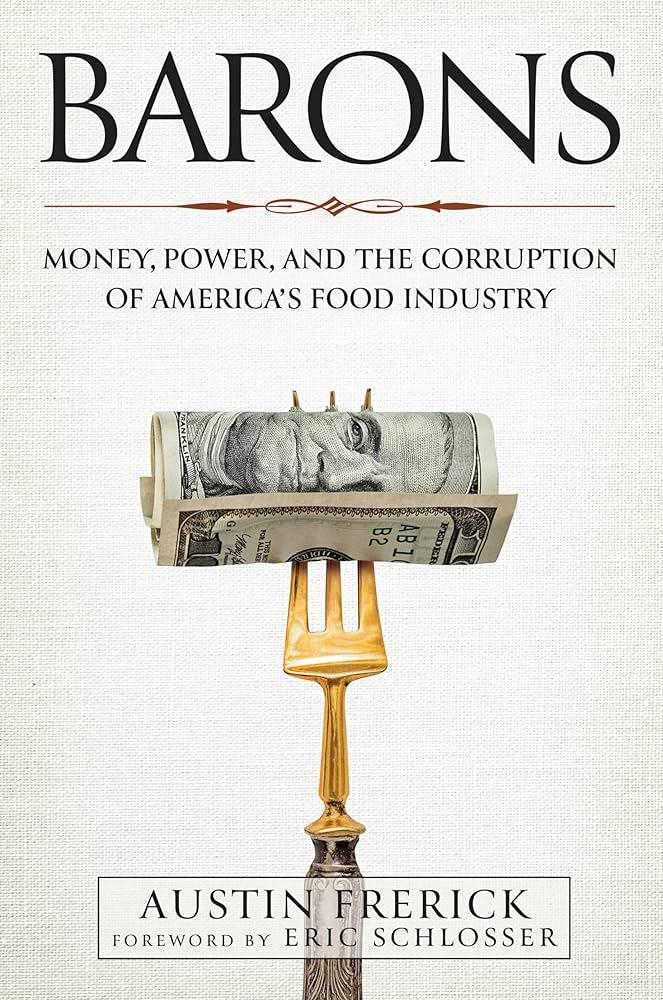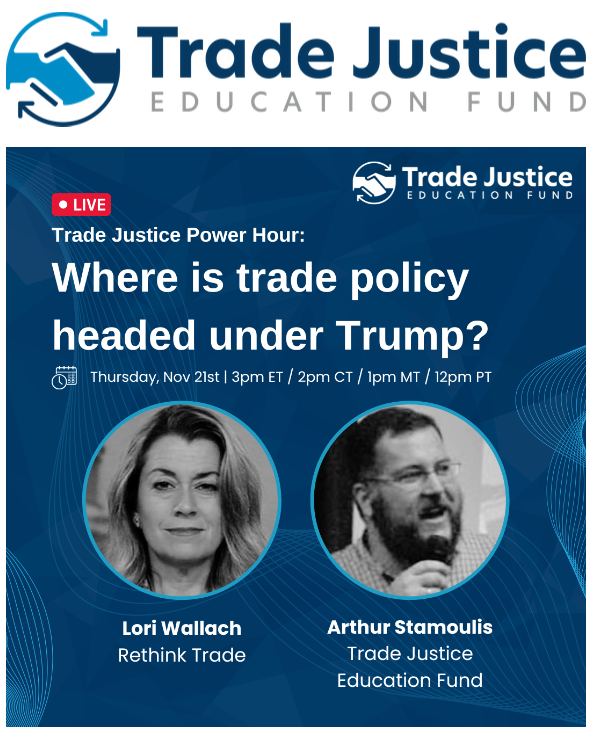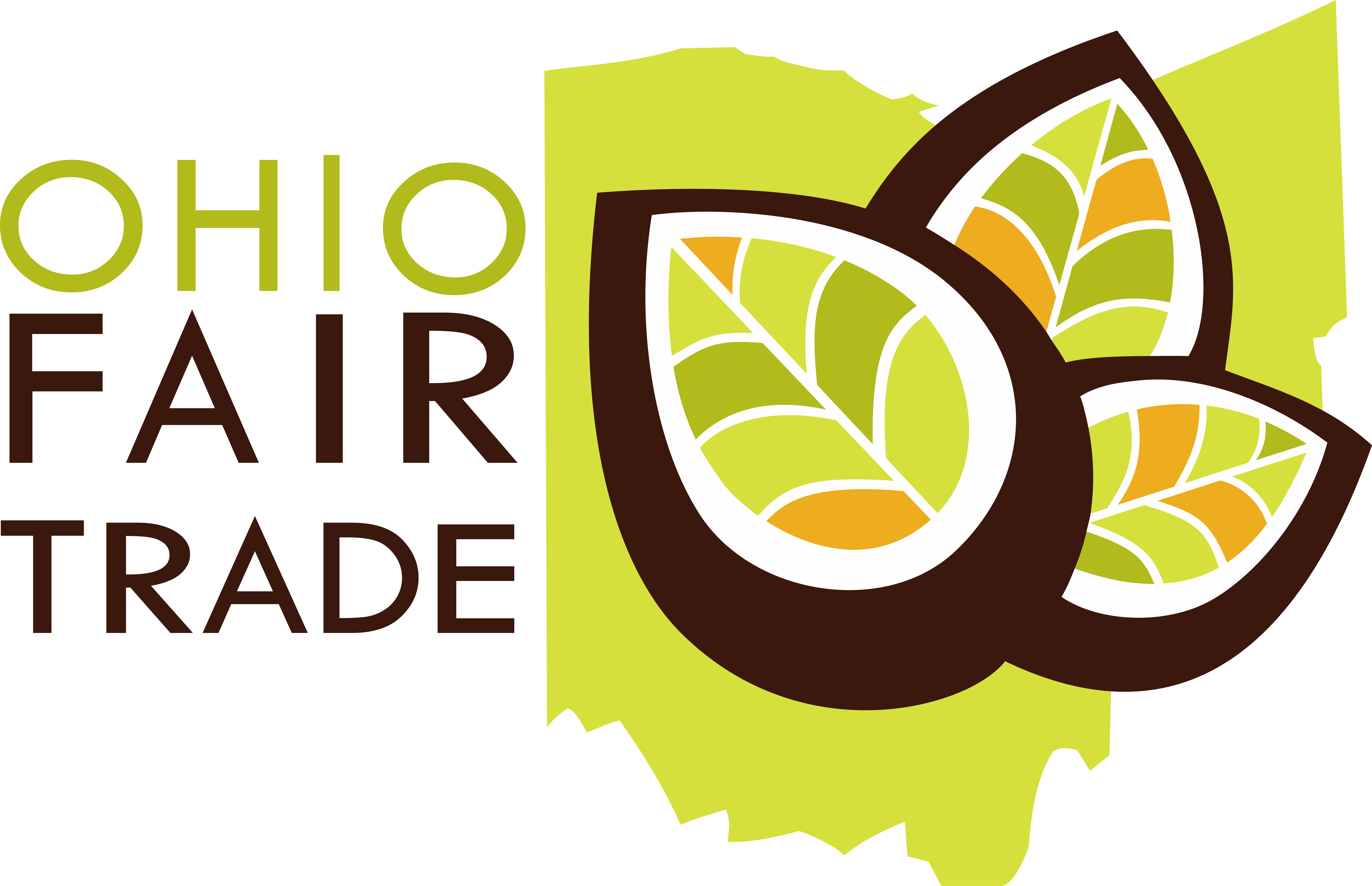nitiated in 2009, the Ohio Fair Trade Teach-In & Expo brings people together from across the region to learn about and become more involved in supporting FAIR TRADE – a model for socially and environmentally conscious consumerism.
This in-person event at John Carroll University will bring together hundreds of fair trade supporters, advocates, retailers, and vendors from across the state. The Expo will be an opportunity to continue building energy around the already vibrant Ohio fair trade movement and previous Expos. In addition to the Global Marketplace of fair trade vendors, we’ll host educational presentations and panels, including a fair trade fashion show for high school and students and a Fair Trade Around the World program for kids.
WHAT: Ohio Fair Trade Teach-In & Expo 2024
WHERE: John Carroll University, Dolan Science Center; University Heights (Cleveland), OH
WHEN: Saturday, October 5, 2024
TIME: 9am-2pm (attendees are welcome to come and go)
--------------------------------------------------------------
Here is some additional info about the Expo:
The Ohio Fair Trade Network, together with John Carroll University, is hosting the 2024 Ohio Fair Trade Teach-In and Expo. Join us for one of the largest regional fair trade events in the country. The Ohio Fair Trade Teach-In & Expo is a place for people of all ages, with educational opportunities and panels, activities for children, and the Global Fair Trade Marketplace. Educational presentations on the nine principles of fair trade.
The Global Fair Trade Marketplace will feature multiple vendors for you to shop for handcrafted jewelry, clothing and home decor items, as well as fair trade coffee, tea, chocolate and more!
Kids’ Activities
Kids (ages 6-12) are invited to participate in our Fair Trade Around the World program. As kids travel around the auditorium, they will learn about different countries, cultures, languages, climate and habitats—as well as personal stories about the farmers and artisans—from the vendors. Stopping at each station, kids can participate in a 5-10 minute activity and have their fair trade travel booklet stamped to be entered into the kiddie raffle.






